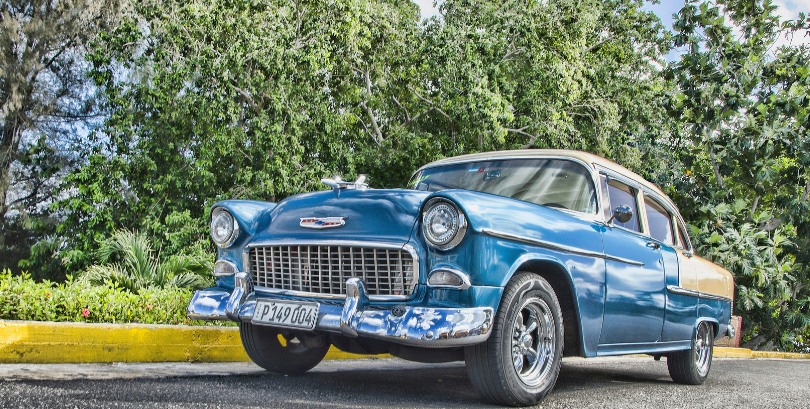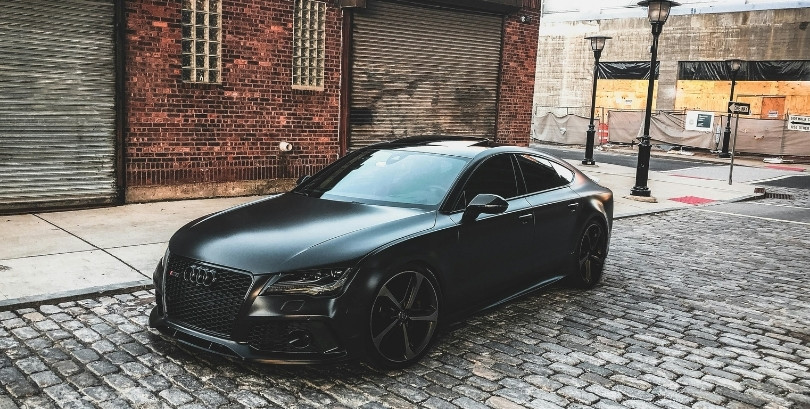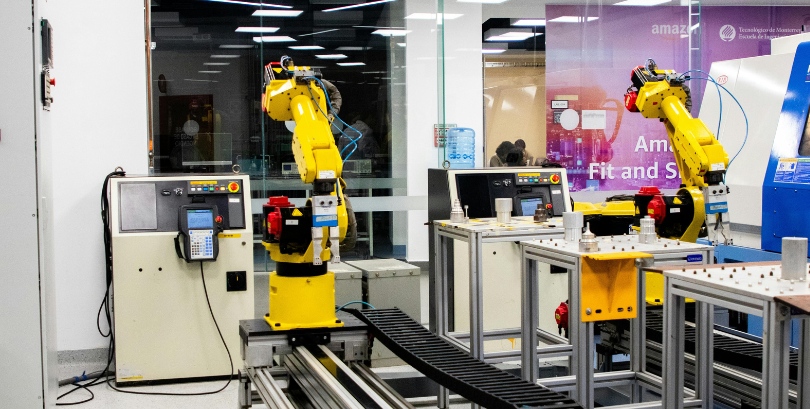Automobile
Will Classic Cars Survive in a World of Autonomous Cars in the Future?

The emergence of autonomous cars is redefining how we conceptualize transportation, efficiency, and mobility. With technology racing toward an era of frictionless automation, one immediate question remains: Will old cars coexist in a world of autonomous cars in the future? To many classic car aficionados, classic cars represent tradition, handiwork, and uniqueness. But with the growing take-up of driverless technology, the issue arises regarding the role, safety, and legality of old cars on future roads.
ALSO READ: Classic Cars: Driving Growth and Opportunity for Forward-Thinking Business Leaders
Classic Cars: A Legacy at the Crossroads
Classic cars are more than mere transportation. They are mobile works of art, valued for their appearance, engineering, and emotional experience. But as cities spend billions on autonomous infrastructure, their existence alongside autonomous cars in the future is at issue. Issues related to emissions, antiquated safety features, and non-digital systems could restrict where and how they are driven.
Regulatory and Safety Challenges
With self-driving cars programmed for accuracy and conformity, regulators could enact stern standards for human-driven vehicles. Insurance regimes could change, with it becoming more expensive to retain road rights on older vehicles. Emission rules are also becoming more stringent globally. With autonomous cars in the future taking over city streets, classic cars will possibly be limited to private tracks, rural roads, or special heritage events.
The Collector’s Market and Cultural Value
Although daily use on the roads might decrease, their collectible and cultural value will not suffer. Scarcity might even make them more attractive. Collectors and enthusiasts will still maintain and display these cars, not as drivers but as appreciated assets. The rarity of having a unique classic during a period when the future will be dominated by autonomous vehicles could make them even more coveted.
Hybrid Adaptations: Old Meets New
Hybrid adaptation is another option. Classic cars may be upgraded with advanced safety and green technologies without altering their signature designs. Electric conversions of classic models are already being explored by some companies, combining tradition with technology. This may enable classic cars to coexist and even compete with driverless cars in the future.
Autonomous Cars in the Future: A Different Driving Culture
The general application of autonomous vehicles will redefine society’s view of driving from skill to luxury or hobby. Convenience will trump nostalgia for most. But for some, driving a vintage vehicle will become a conscious effort to keep history alive, much like sailing an antique boat or flying a refurbished airplane. Under these circumstances, future autonomous cars might not kill classic cars but rather reposition their place in society.
Will Classic Cars Become a Thing of the Past?
The short reply is no. Classic cars will continue but as niche experiences. Museums, shows, car clubs, and scripted events will be available for people to enjoy their heritage. Just like horse-drawn carriages remain in the automobile era, classic cars will be symbolic in a world of autonomous cars in the future.
Classic cars will not ride highways as openly as they used to, but their cultural significance will see them through. As autonomous cars in the future rule daily mobility, classic cars will continue to be icons of heritage, craftsmanship, and passion. Their survival will not lie in daily use but in the enduring human need to touch history and artistry.
Tags:
AutomobileAutomotive TechnologyClassic CarsFuture of AutomotiveAuthor - Samita Nayak
Samita Nayak is a content writer working at Anteriad. She writes about business, technology, HR, marketing, cryptocurrency, and sales. When not writing, she can usually be found reading a book, watching movies, or spending far too much time with her Golden Retriever.


